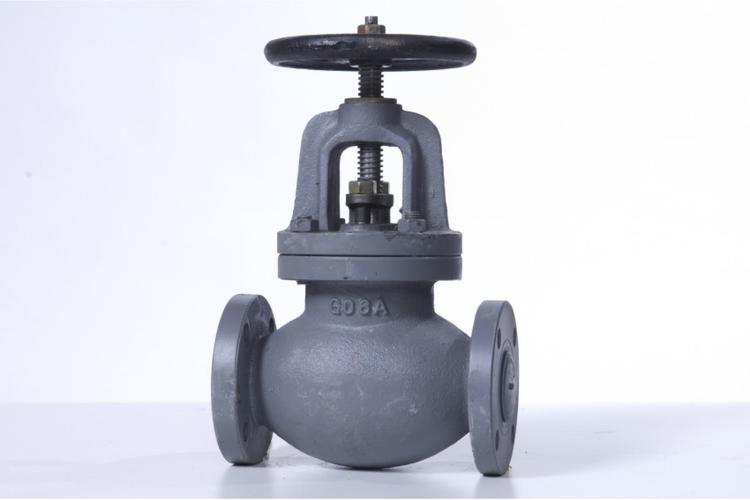In the dynamic and often harsh environment of the marine industry, ensuring the reliability and efficiency of equipment is paramount. Among the critical components that underpin the operational integrity of ships and offshore platforms, marine valves play an indispensable role. These valves regulate the flow of fluids, control pressure, and safeguard against leaks, all while enduring constant exposure to corrosive elements, high pressures, and temperature fluctuations. Therefore, maximizing uptime through the deployment of reliable marine valves is not just a strategic imperative; it's a necessity for the safety, efficiency, and profitability of marine operations.

The Importance of Reliability
In the marine sector, downtime can be costly—both financially and in terms of safety. Unplanned maintenance, repairs, and replacements can disrupt schedules, lead to missed deadlines, and incur significant expenses. Moreover, failures in valve systems can pose serious threats to personnel safety and environmental health. Reliable marine valves, designed and manufactured to withstand the unique challenges of marine applications, minimize these risks by ensuring consistent performance and longevity.
Key Factors Influencing Valve Reliability
Material Selection: The materials used in marine valves must be corrosion-resistant, able to endure extreme temperatures, and compatible with the fluids they handle. Advanced alloys, ceramics, and coatings are often employed to enhance durability and extend service life.
Design and Engineering: Precision engineering and innovative designs are crucial for creating valves that can operate smoothly under pressure while maintaining tight seals. This includes features like self-cleaning mechanisms, anti-cavitation designs, and advanced sealing technologies that reduce wear and tear.
Manufacturing Quality: High-quality manufacturing processes ensure that valves meet or exceed industry standards. This includes rigorous testing protocols, which validate the valves' performance under simulated marine conditions.
Maintenance and Monitoring: Regular inspections, predictive maintenance, and the implementation of advanced monitoring systems can preemptively identify potential issues, reducing unexpected failures. Technologies such as IoT sensors and remote diagnostics facilitate real-time monitoring and quick response to anomalies.
Strategies for Maximizing Uptime
Adopt a Proactive Maintenance Approach: Shifting from reactive to proactive maintenance can significantly reduce downtime. This involves regular assessments, predictive analytics, and scheduled maintenance intervals tailored to the specific operating conditions of each valve.
Utilize High-Performance Valves: Investing in valves that incorporate the latest technology and materials can lead to improved efficiency, reduced leakage, and longer operational life. Consider valves designed with energy-saving features and those that can withstand severe service conditions.
Implement Robust Training Programs: Ensuring that crew members are well-trained in the operation, maintenance, and troubleshooting of marine valves is vital. This not only enhances safety but also empowers personnel to identify and address minor issues before they escalate into larger problems.
Collaborate with Expert Providers: Partnering with reputable valve manufacturers and service providers who specialize in marine applications can provide access to customized solutions, expert advice, and timely support. These relationships can also facilitate smoother procurement processes and ensure compliance with international regulations.
Conclusion
In the competitive and demanding marine industry, maximizing uptime through the use of reliable marine valves is a strategic imperative. By focusing on material selection, design excellence, manufacturing quality, and proactive maintenance strategies, ship operators and offshore facility managers can ensure the continuous and safe operation of their equipment. Moreover, by embracing technological advancements and fostering strong partnerships with industry experts, they can further enhance their operational efficiency and resilience. Ultimately, the investment in reliable marine valves pays for itself through reduced downtime, lower maintenance costs, and increased overall profitability.

